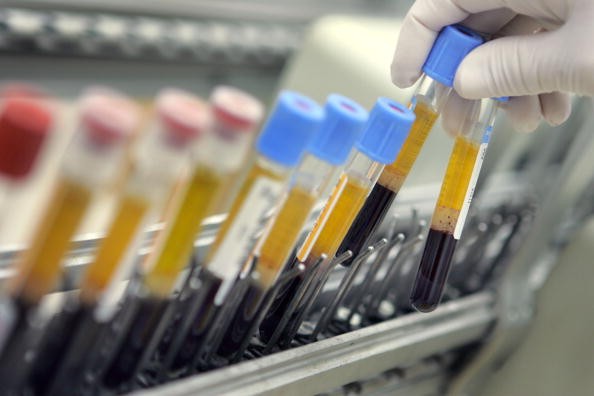
Gene therapy continues to be a promising method for treating complex and sometimes rare disorders such as those that affect the immune system.
In a new study conducted by US researchers, it can be used to treat people with severe combined immunodeficiency (SCID-X1). Although it's the most common type of immune-deficiency disorder, the genetic condition occurs only in 1 per 100,000 newborns. Further, it mainly affects males.
People born with this condition don't produce functional white blood cells, which are necessary to create the body's defense against pathogens, due to a mutated IL2RG gene. Thus, they always develop infections that may otherwise be easily managed by people who have a normal immune system.
The standard treatment would include a transplant of stem cells, which can be obtained from the direct family members. However, there's a greater chance of success if the stem cells, which can be used to create a new set of blood, come from the siblings. Otherwise, stem cells from parents give only 50% chance of improvement.
The National Institute of Allergy and Infectious Diseases (NIAID) then decided to combine both low-dose chemotherapy and gene therapy to treat five people with the condition whose ages range from 7 to 24 years old. These individuals had already received a stem cell transplant from their parents with very little positive results.
For the study, the researchers extracted stem cells from the parents and then used the Lentivirus as a vector, manipulating the gene of the virus to allow it to deliver the right gene to the cell. This strategy is already used in gene therapy in relation to prostate cancer and diabetes, among others. The patients were then given low-dose chemotherapy to eliminate the defective blood cells. Once the stem cells already had the correct IL2RG gene, they were then infused into the body.
All of them showed significant immune changes after the transplant. The first two who received the treatment showed excellent improvement even in their clinical status, although one of them died due to a pre-existing condition.
The study's findings are to be presented in the annual meeting of the American Society of Hematology from December 5-8 in Florida.

